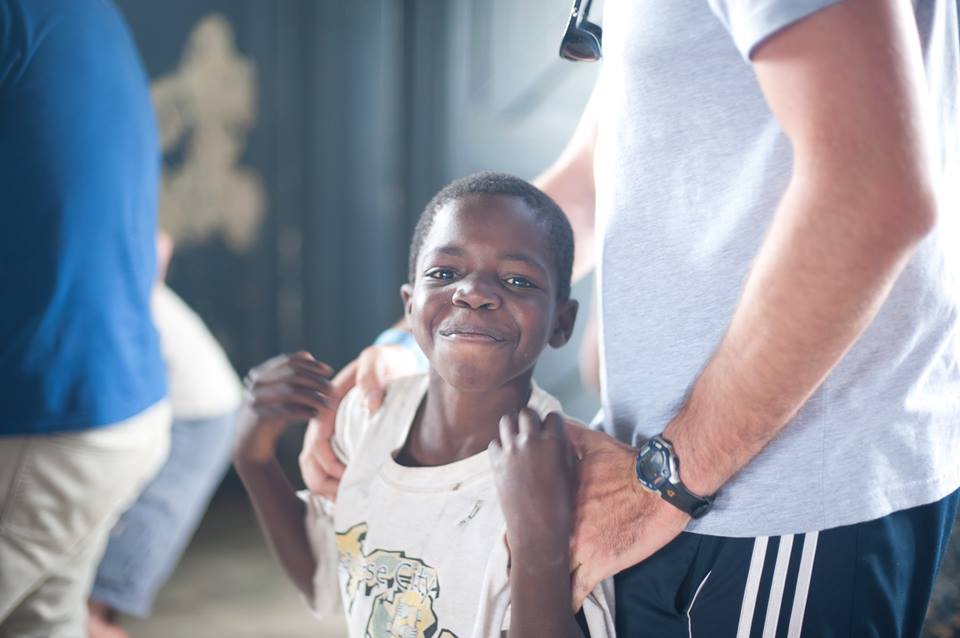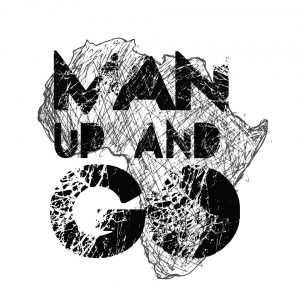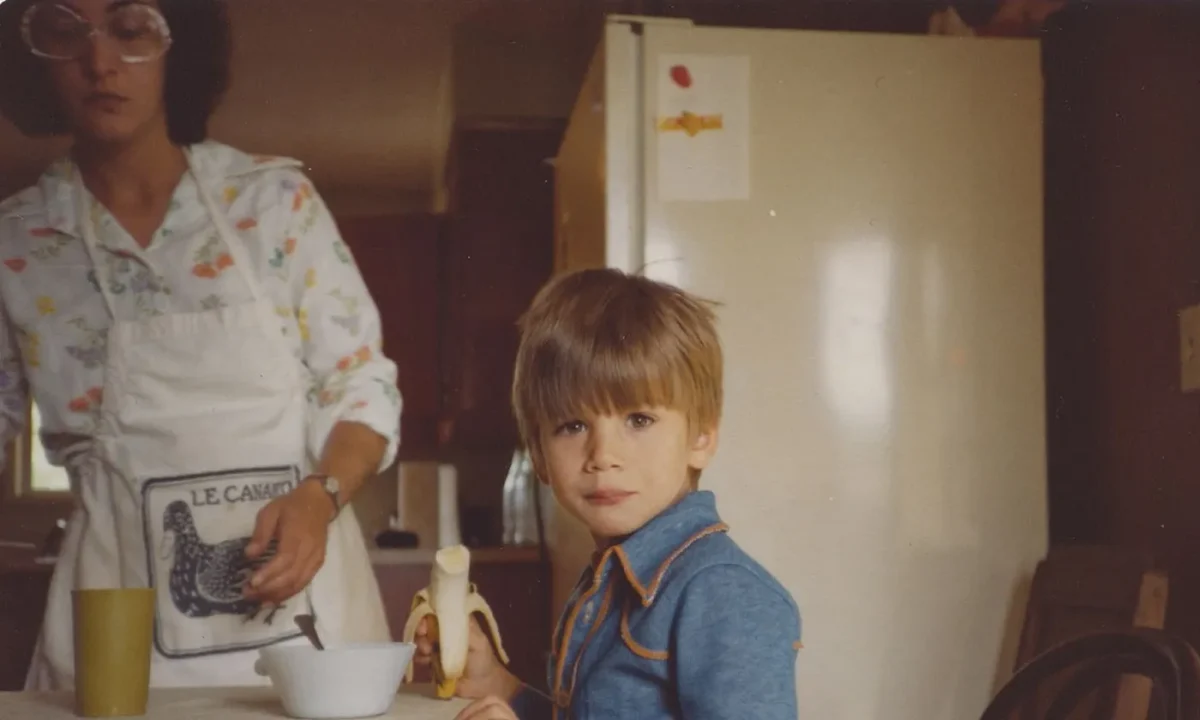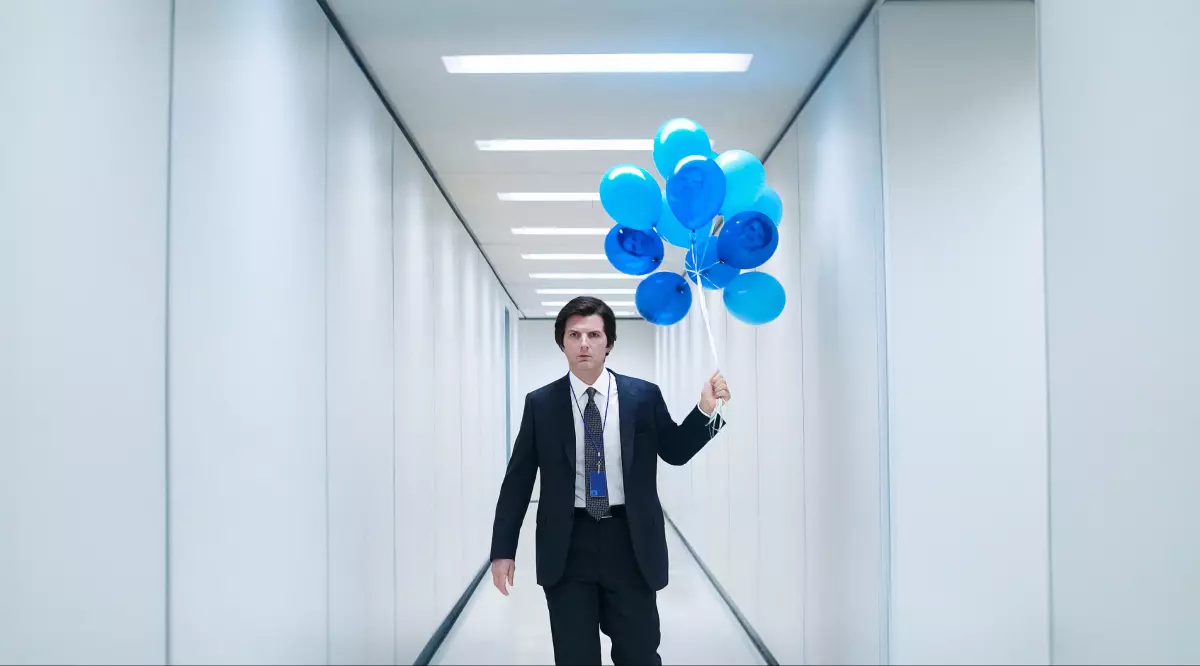
Fathers – they teach us how to be strong and confident in ourselves, they guide us towards what is right and try to shelter us from what’s wrong. If we ever need any support, fathers are the first ones to step up. They teach us responsibility, push us to do our best in life. But not everyone has one, not everyone has that bulwark of encouragement.
Can you imagine life without your father? That’s the cruel reality for seven million orphans in Uganda and Ethiopia, but this is where the documentary “Man Up and Go” comes in. During Atlas Week, the viewing of “Man Up and Go” was an inspirational experience for members of the SLU community who got a glimpse at the amazing work of 30 American men willing to be a positive force on the lives of children.
“Life is not supposed to be nurtured in orphanages- if fathers are there we are not going to find children in streets… if fathers are there you are not going to see children being thrown in toilets. The number of children who are disadvantaged in the world will grow less. It is the greatest need. The greatest need in the world is fatherhood,” said a Ugandan orphanage manager in the film.
Through the “Man Up and Go” mission, American men from all walks of life aim to be “fathers to the fatherless” for orphans in Ethiopia and Uganda. The film “Man Up and Go” specifically documents the journey of five of these men, as well the plight of orphans and how they’re making a difference. It’s received several accolades at festivals such as the Sonoma International Festival, Indie Fest USA, Africa World Documentary Film Festival and others.
These children grow up without the love, the care and the hope that a father can give, and the Man Up team is doing everything in their power to change that. Their mission according to their website is, “to be a father to many, to hold and hug those children that do not have a father…to be an example to other men what a real man is like, what it means to be a father.” The men do everything from helping with building projects and doing dishes, to cooking and caring for these children – telling them that they are loved and important. Some even adopted children as their own in an act of validation that can only come from a father.
The lack of fathers, who either leave and forgo their responsibilities or perish, is too horrible a sight to see. Ugandans who manage orphanages strongly believe that, if there were more fathers, more positive influences, the country wouldn’t be ridden with crime. The film names a great deal of criminals who grew up fatherless from dictators to murderers; Adolf Hitler is a gruesome example. A major tragedy is that these orphans who had nowhere to go were placed in juvenile prisons by corrupt governments. These deteriorating prisons, which often lacked adequate facilities and had no access to clean water, was what they called home.
What’s even more appalling and gut-wrenching are the living conditions in Ethiopia where thousands upon thousands of people, mostly children, live in large dumps. Every day they wait for the garbage truck to come so they can scavenge for food. At times the hopelessness in their eyes was too much to bear. The sight of them playing in the dump was worse, engendering an overwhelming sense of guilt.
The film left all in the audience with a renewed sense of our privilege as well as the many injustices in the world. Who are we to complain about anything? We sit here, complaining about how we detest that we have so much work for school, when there are kids who’ve never gone to school a day in their life. We complain that our parents annoy us and never understand us, when there are kids who’ve never felt loved or trusted the wrong adults for lack of any guardian. We complain that there’s nothing to eat when we’ve never had to hunt for food in a dump.
Inequality truly does create drastic differences but “third world” doesn’t mean different planet. It’s still our duty to do our part in changing the lives of the less fortunate, and “Man Up and Go” is one group that’s going above and beyond.








